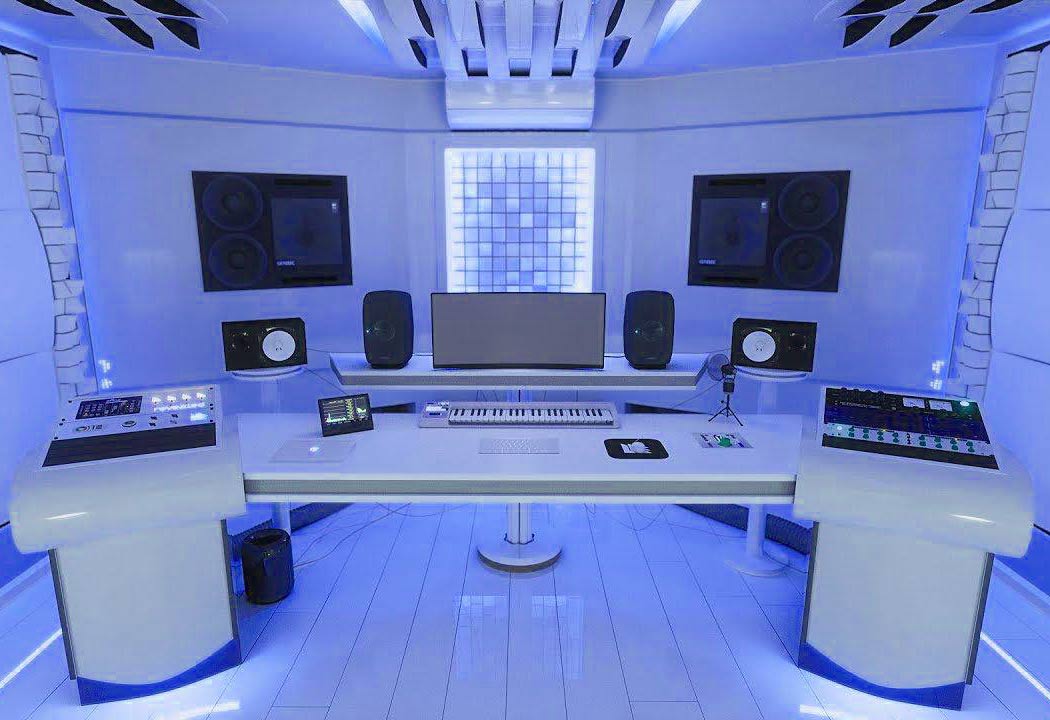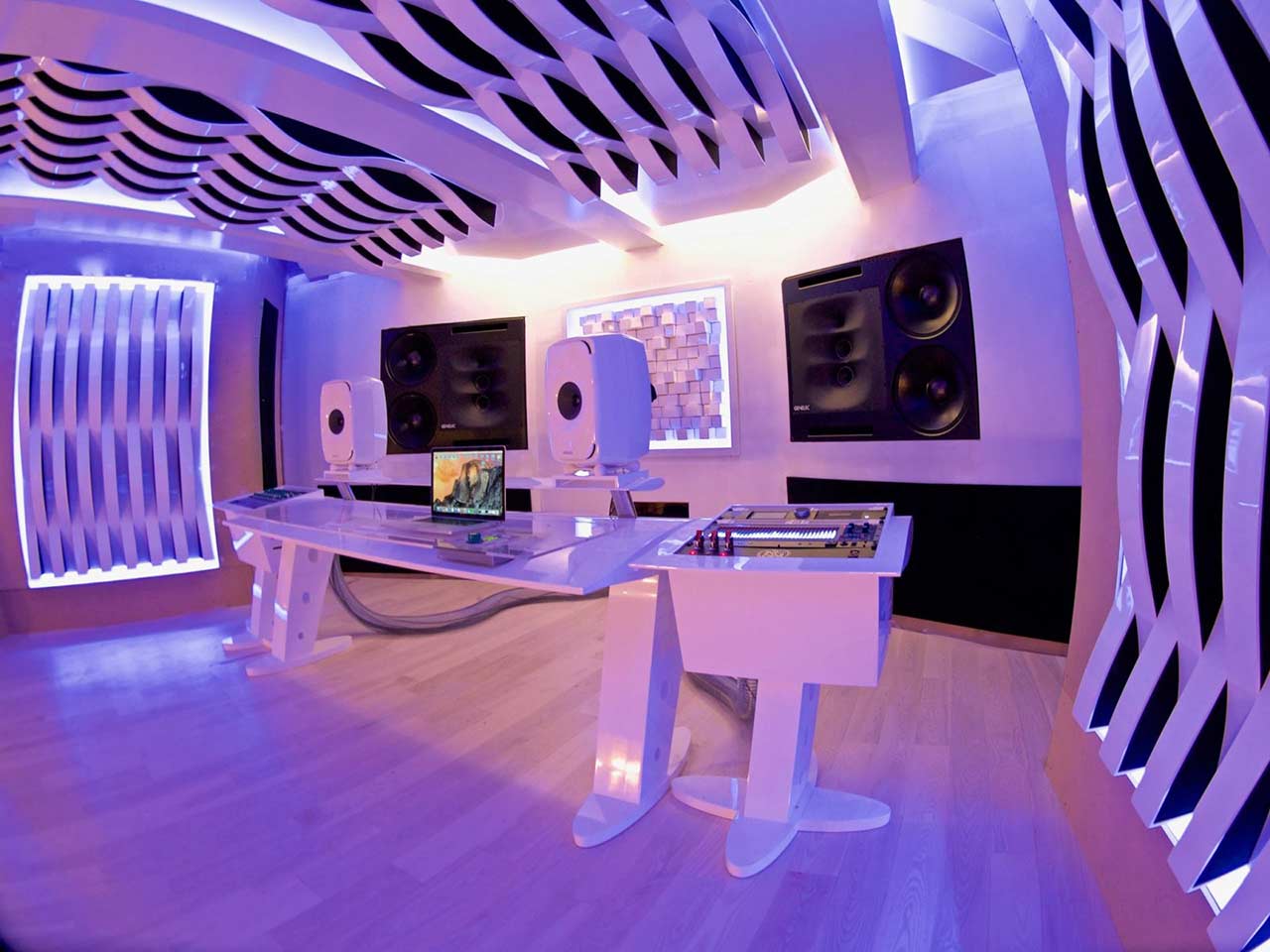
The Music Industry Changes – What A Record Producer Does
The today’s technology, a singer, songwriter, beatmaker, or other act can take their music directly to the people. With social media, self-publishing sites, and other apps, selling music and creating other ancillary revenue streams (like merch) has never been easier. But get this—that means it’s easier for everyone.
The proliferation of digital audio workstations (DAWs) in the 90s mimicked the home computer explosion a couple of decades earlier. As those home computers became more powerful, faster, and able to store more files, DAWs made it possible for almost anyone to become a DIY musician.
The rise of electronic dance music and its many subgenres around the world gave listeners an incredible amount of new, exciting music. But DAWs aren’t used solely for experimentation. With an ever-growing list of plug-ins and instruments for the software, “mainstream” music is beginning to embrace the software.
It doesn’t hurt that beats, loops, samples, and other hip-hop staples are beginning to bleed into rock, pop, and other established styles. In many cases, music is being made without actual instruments, save for a drum machine or midi keyboard. This access to music production continues to grow by leaps and bounds.
So what does that mean? If you’re trying to make your way into the music industry, you’re entering a crowded landscape. Decades ago you needed to have the money to get into the studio to record your music and find a label to help you distribute your sound. Today all you need is a laptop, a reliable internet connection, and the know-how and expertise it takes to create music but that’s easy you could produce unsatisfying music to be found on today’s streaming platforms.
Contact me to improve your project.


No Comments